Making Power Smarter in Pakistan

In the summer, the city of Multan in Pakistan can reach scorching temperatures of 120 degrees — with more extreme heat expected in the future due to climate change. Multan is known for agricultural production, and in this heat, crops need a steady supply of water.
Mureed Abbas, a farmer in Multan, uses eight commercial-size wells to water his 500 acres of corn, rice, wheat, sugarcane, and sweet potatoes. The wells rely on electricity to pump water from deep in the earth to the surface to irrigate crops. With the help of a smart meter, installed by the Multan Electric Power Company (MEPCO) with support from USAID, Mureed can monitor and control the electricity usage on his farm.
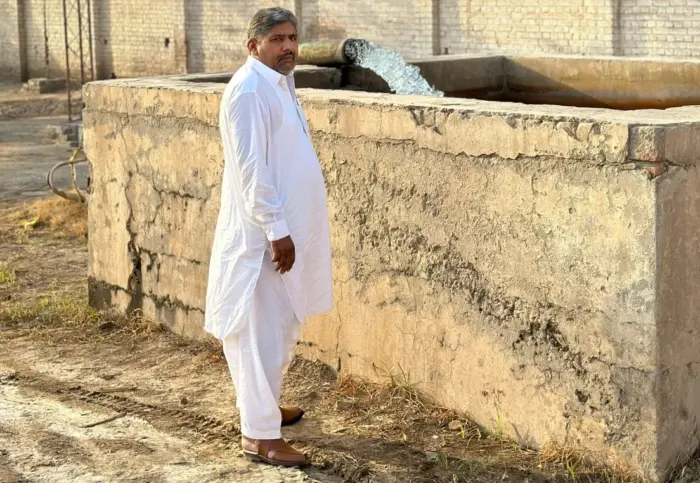
Smart meters provide accurate billing for the customer, while also encouraging energy efficiency — a key way to reduce harmful emissions that contribute to climate change. USAID helped introduce smart meters into the Pakistani market by developing policies and operations associated with their installation. USAID and MEPCO worked together to pilot smart meters, demonstrate the benefits, and come up with a wider rollout plan for the country.
After USAID’s pilot proved successful, the Government of Pakistan installed over 250,000 smart meters using its own funds. This has created an entirely new industry for the country — Pakistanis are trained and employed by smart meter labs, nine smart meter manufacturers, energy distribution companies, and the Government of Pakistan to research and create new innovations in smart meter technology.
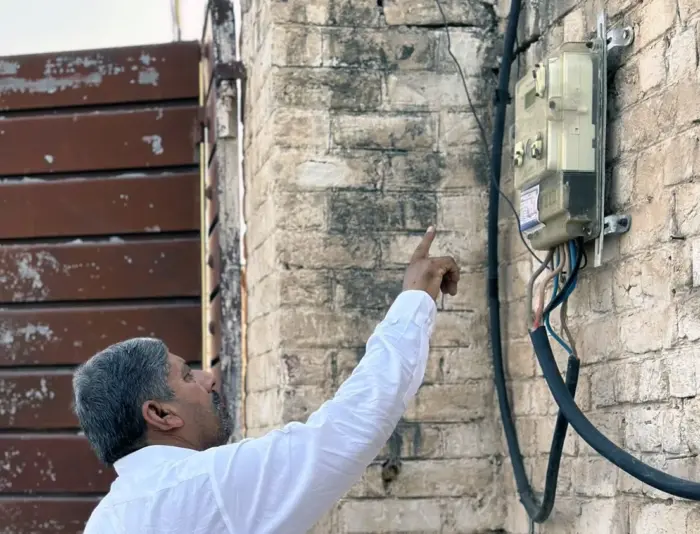
The price of energy in Pakistan is so high right now that people have taken to the streets to protest, so having an accurate energy bill is critical. When energy prices are this high, transparency on an electric bill is essential for understanding where the costs are derived from and building trust in the system.
To provide transparency and time savings for smart meter customers, USAID recently launched an app that allows customers to monitor their energy use in real time, find tips for saving electricity, make online bill payments, and log and track complaints — customer services that would normally require a visit to the utility company.
Before Mureed received a smart meter, he used to spend multiple days a month traveling to offices to dispute his energy bill. Meters that aren’t digitized can often be inaccurate, and are susceptible to tampering. Mureed received inaccurate billings so often that he even employed someone with the sole task of monitoring the energy consumption on his farm. With reliable electricity, Mureed does not need to pump water from the ground by hand, or with expensive diesel generators.
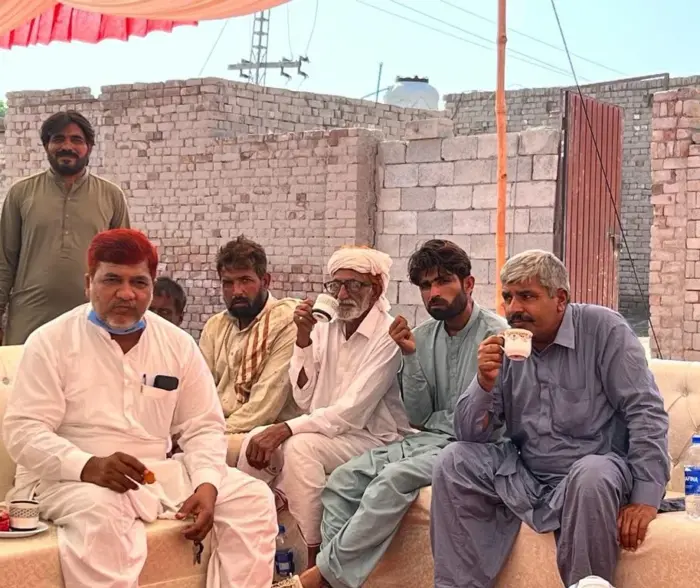
MEPCO CEO Mahar Allahyar Khan said that the Kissan Etihad, or local farmers association, used to visit his office to dispute their bills frequently. But since the installation of the smart meters, the Kissan Etihad has no longer had to make the journey.
Farmers have endless tasks to complete each day, and the additional burden of disputing bills takes away from the precious time needed to complete operations and focus on growing food for Pakistanis. Smart meters reduce the administrative burden of guessing how much money should be budgeted each month for energy use.
I don’t have to focus on my bills anymore — I can just focus on my farming
Mureed says that in Multan it rains less than it used to, the temperature is hotter, and winter is shorter. He has had to forgo growing cotton due to the change in weather patterns. These climate factors that complicate growing seasons and crop production make accurate budgeting and forecasting even more important.
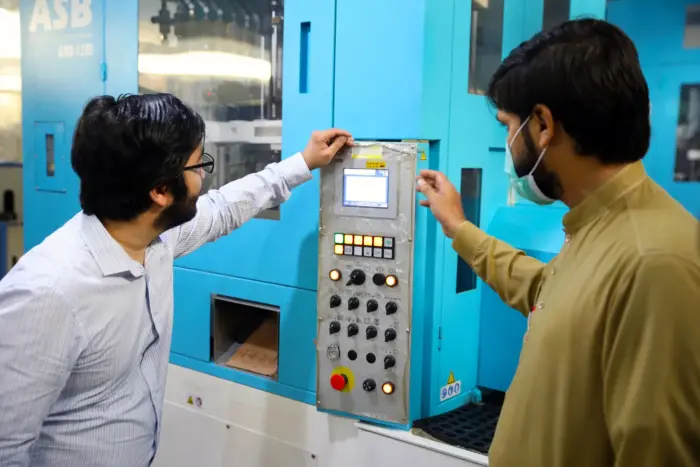
Just down the road from Mureed’s farm is a manufacturer that houses the popular Pakistani cosmetics brand Care Cosmetics. Care is a family-owned business founded 35 years ago that has multiple brands and subdivisions, including a new fashion brand called Buzzazi. They employ 500 people in Multan and have a network of distributors all over the country.
Care uses smart meters to keep its entire operation moving, which includes lights, machinery engines, and sewing machines. Efficiency is crucial in large companies like Care, where small choices can add up to big cost savings over time. The owner of the company has even tested different kinds of lightbulbs to see which last the longest and provide the biggest cost efficiencies.
With the installation of their smart meters, the family-owned business can now predict their energy consumption and costs more accurately to keep their company running smoothly.
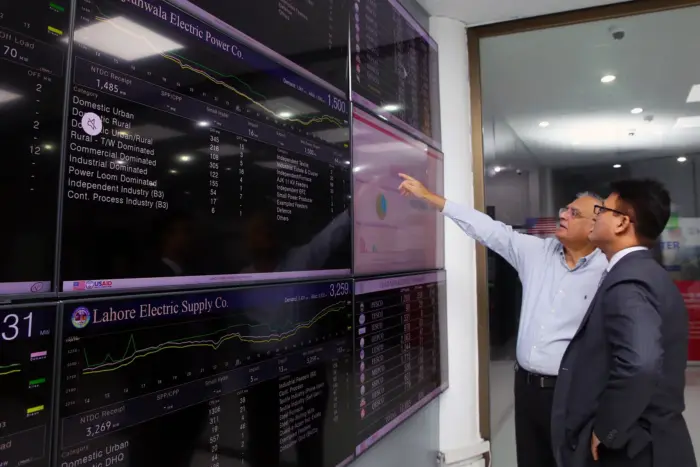
By modernizing the electricity sector, USAID is helping Pakistani consumers and industries gain a better understanding of how they use electricity. The smart meters help business owners and utilities keep track of electricity generation on a real-time basis.
With more data, it is easier to make small changes to reduce energy consumption, which helps decrease harmful emissions contributing to climate change.
About the Author
Ali Syverson is a Communications and Knowledge Management Specialist for the Center for Energy, Infrastructure and Cities at USAID. Learn more about USAID’s work in the energy sector.
This blog was originally published by USAID Medium.

